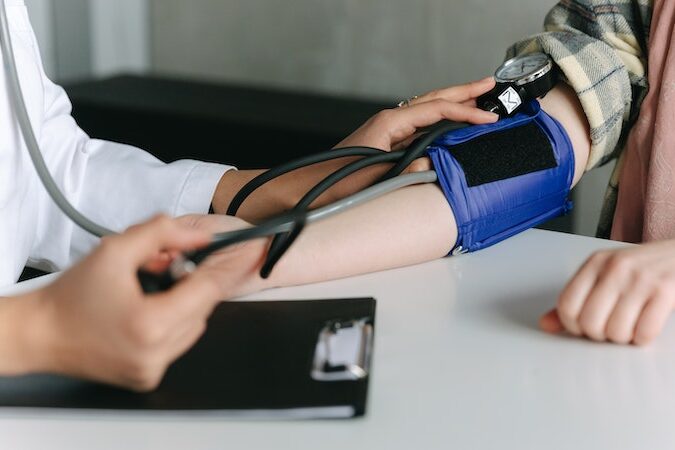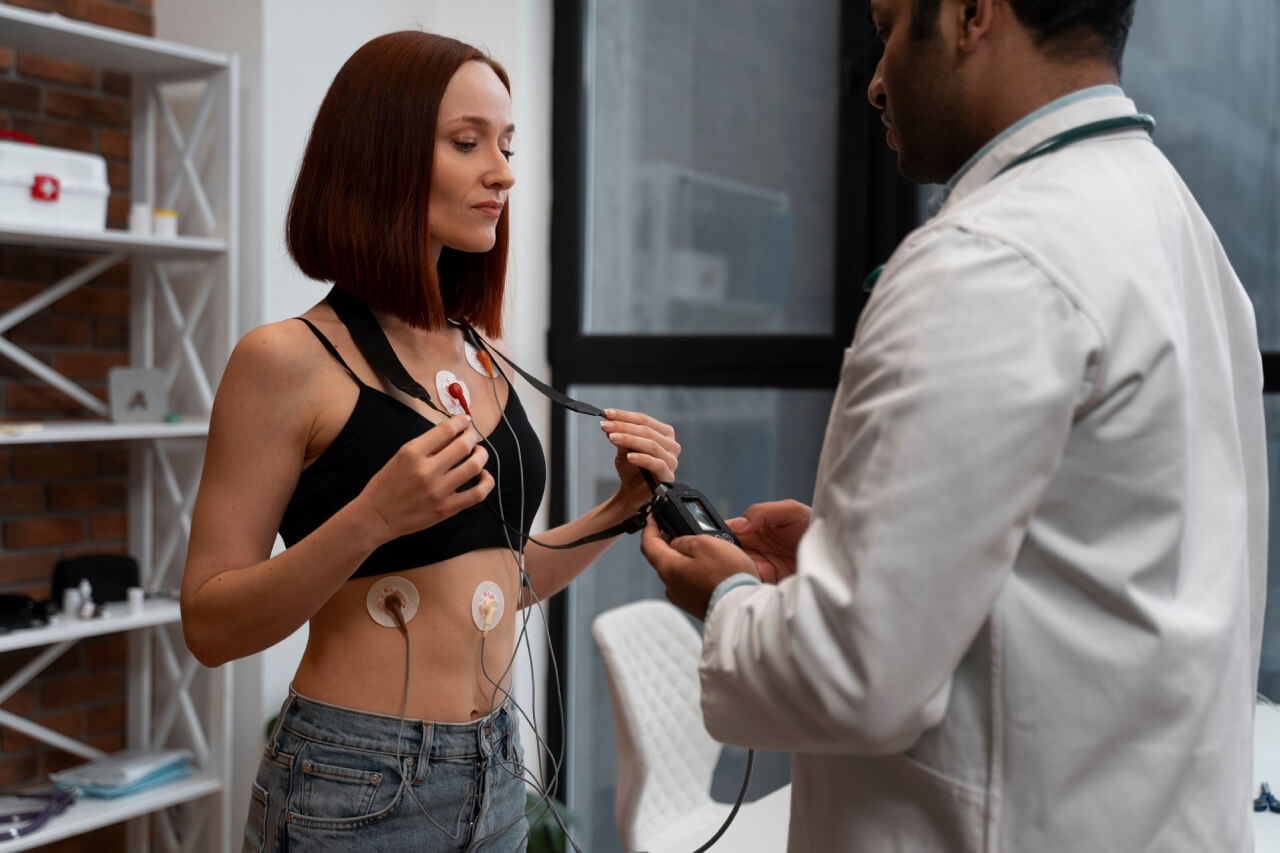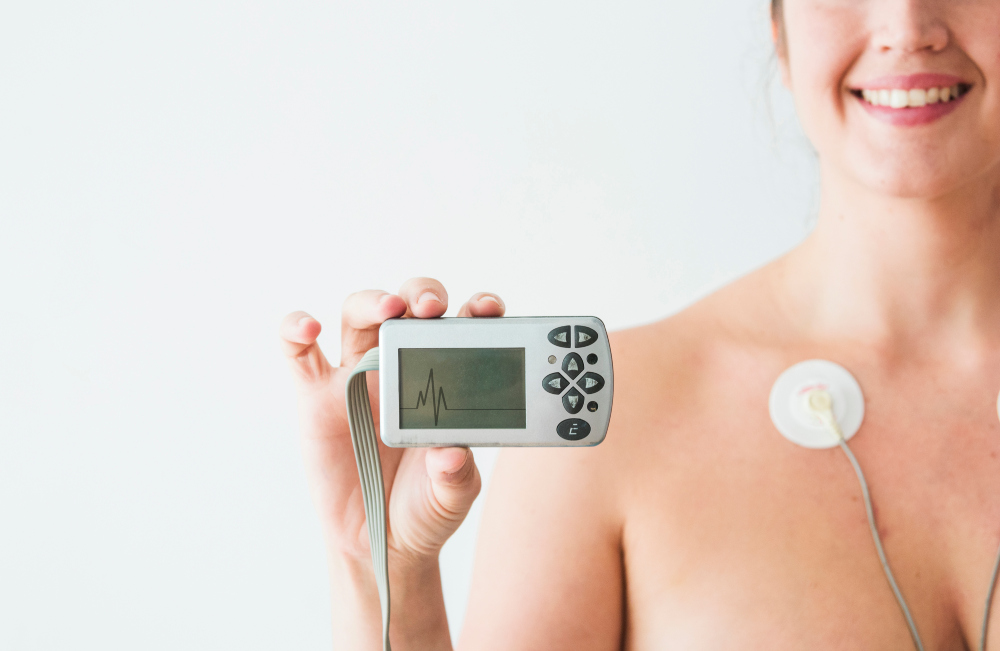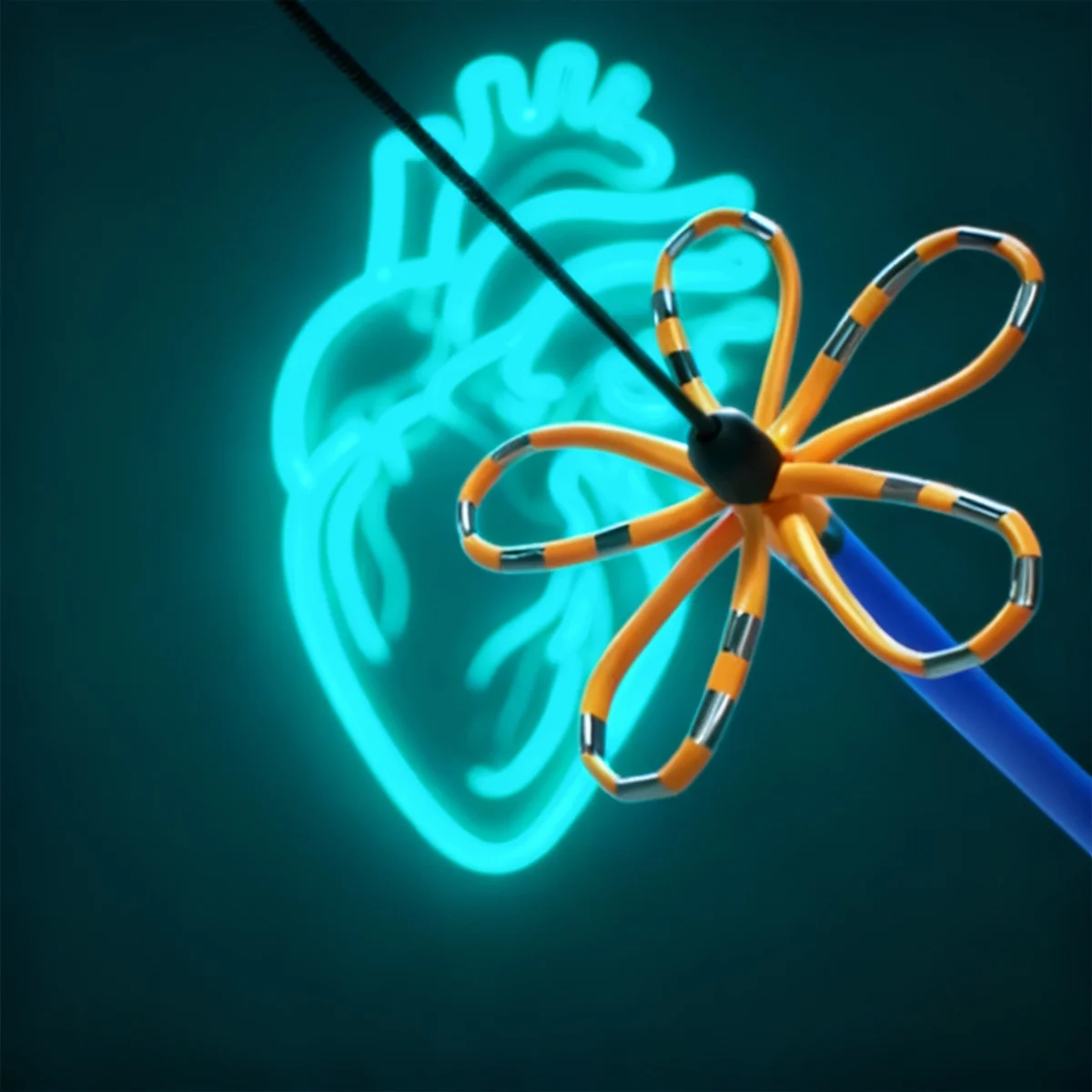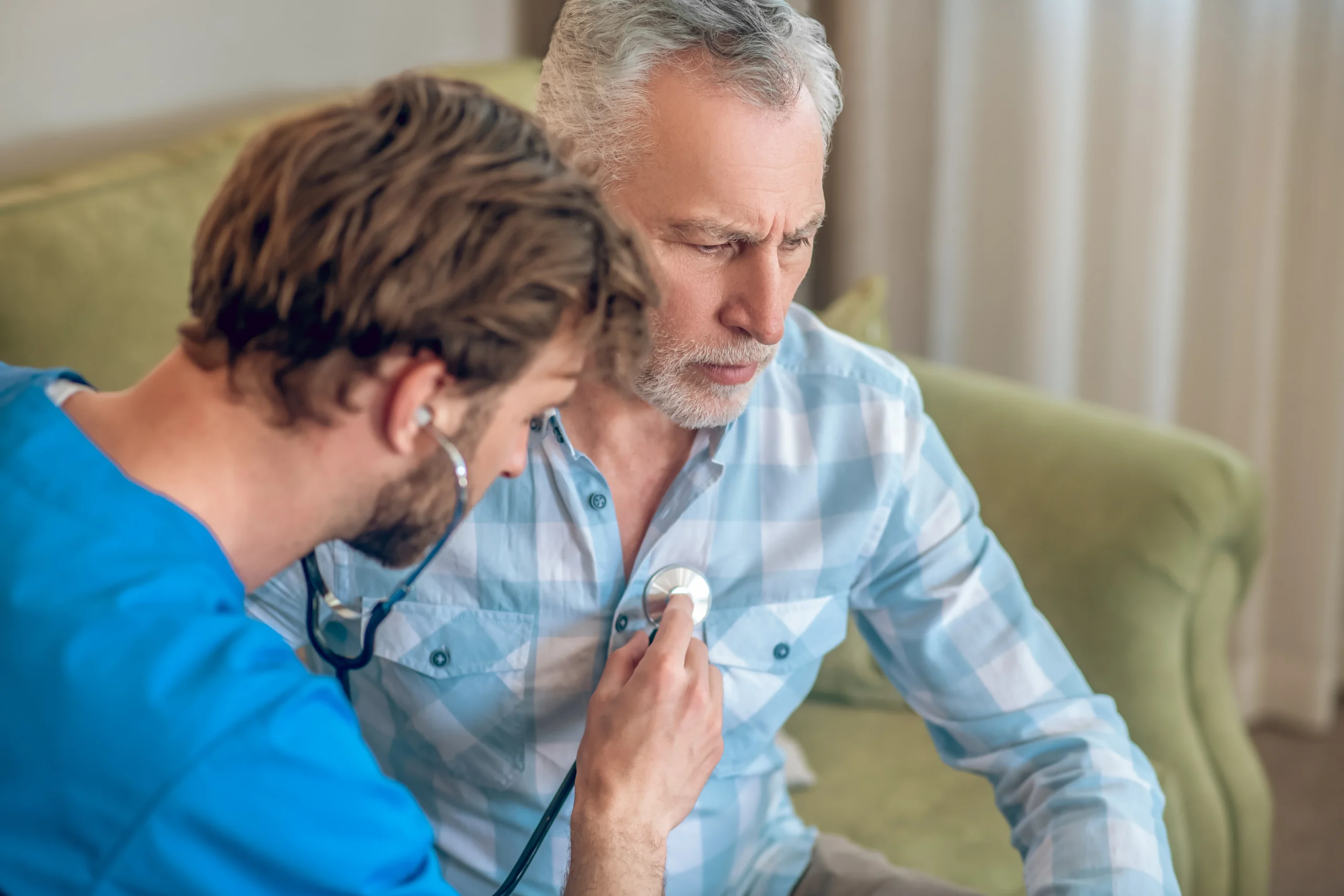Last month, the Irish Heart Foundation launched a new campaign focused on blood pressure. You may have seen the publicity – it’s called Before Damage is Done.
The campaign’s headline statistic is that two in three adults in Ireland over the age of 50 suffer from high blood pressure (otherwise known as hypertension). That’s a lot of people! Equally eyebrow-raising, half of those people won’t be aware of it.
But what exactly is the big issue with high blood pressure? Here are some brief answers.
How does blood pressure work?
Blood pressure (BP) is the force your heart uses to pump blood around the body. What should that force be? Well, it varies from person to person. It also depends on your age. But doctors usually regard a normal BP as between 90/60 to 120/80mmHg. (The BP figure – measured in millimetres of mercury – is a combination of systolic pressure (the force that pushes blood out of the heart) and diastolic pressure: the pressure as your heart relaxes between beats.) High BP usually means 140/90 or higher.
What’s the problem with a higher blood pressure?
The short answer is that a consistently high BP raises your risk factor for other serious conditions and complications. These range from heart failure to a heart attack or stroke, dementia, vision loss and kidney failure. There are a number of reasons for this:
It damages blood vessels – Healthy blood vessels are tough, elastic and smooth, enabling blood to flow freely around the body. Hypertension damages the cells in the arteries’ inner lining, reducing their elasticity and allowing fats to build up. As the blood vessel weakens, it also becomes more vulnerable to an aneurysm (an abnormal bulge).
It puts strain on your heart – High BP forces the heart to work harder to pump blood around the body. Over time, this can stop the heart muscle from working effectively. It can also lead to thickening within the chambers of the heart, raising the risk of a heart attack or sudden cardiac death.
It damages other organs – Hypertension puts blood vessels in other parts of the body under pressure too. For instance, it can stop the kidneys from properly filtering waste from the blood. It can cause bleeding or fluid build-up in the eyes’ retinas, leading to scarring and vision loss. It can prevent oxygen and nutrients from reaching the brain cells, or lead to the formation of artery-blocking clots.
How would you know if you have it?
Hypertension is sometimes called the “silent killer”, because it can damage the body – sometimes for years – without causing any obvious symptoms. “I thought I was invincible but, really, I could have been a ticking time bomb,” Lynda Sutton, a 59-year-old Dubliner, recently told RTE at the launch of the campaign.
“I didn’t have stress or anxiety, I ate healthily and exercised with spin classes in the mornings… There is no high blood pressure in my family that I know of.” Lynda only realised she had severely high blood pressure after a chance encounter with one of the IHF’s mobile check-up units. She has now started taking BP-lowering medication. She also eats differently. “I thought I was healthy before, but I have completely changed my diet. I’m eating plenty of fruit and veg and no salt,” she explained.
What should you do about it?
The good news is that there’s a lot we can do to treat hypertension these days – if you know that you suffer from it. You can find out more about how to manage high blood pressure on the IHF website. But, as the Foundation points out, the first step is to get a BP check.
“Try to get your blood pressure checked regularly and ask what your reading is,” they advise. “If you are over 30, it’s best to have your blood pressure checked once every 5 years. If your blood pressure is borderline high (around 140 over 90), you’ll need to get it checked more often by a doctor or nurse.
“Many pharmacies are now offering blood pressure checks and some do 24-hour blood pressure monitoring. Sometimes your doctor will suggest you buy a reliable blood pressure monitor and measure your blood pressure regularly at home.”
